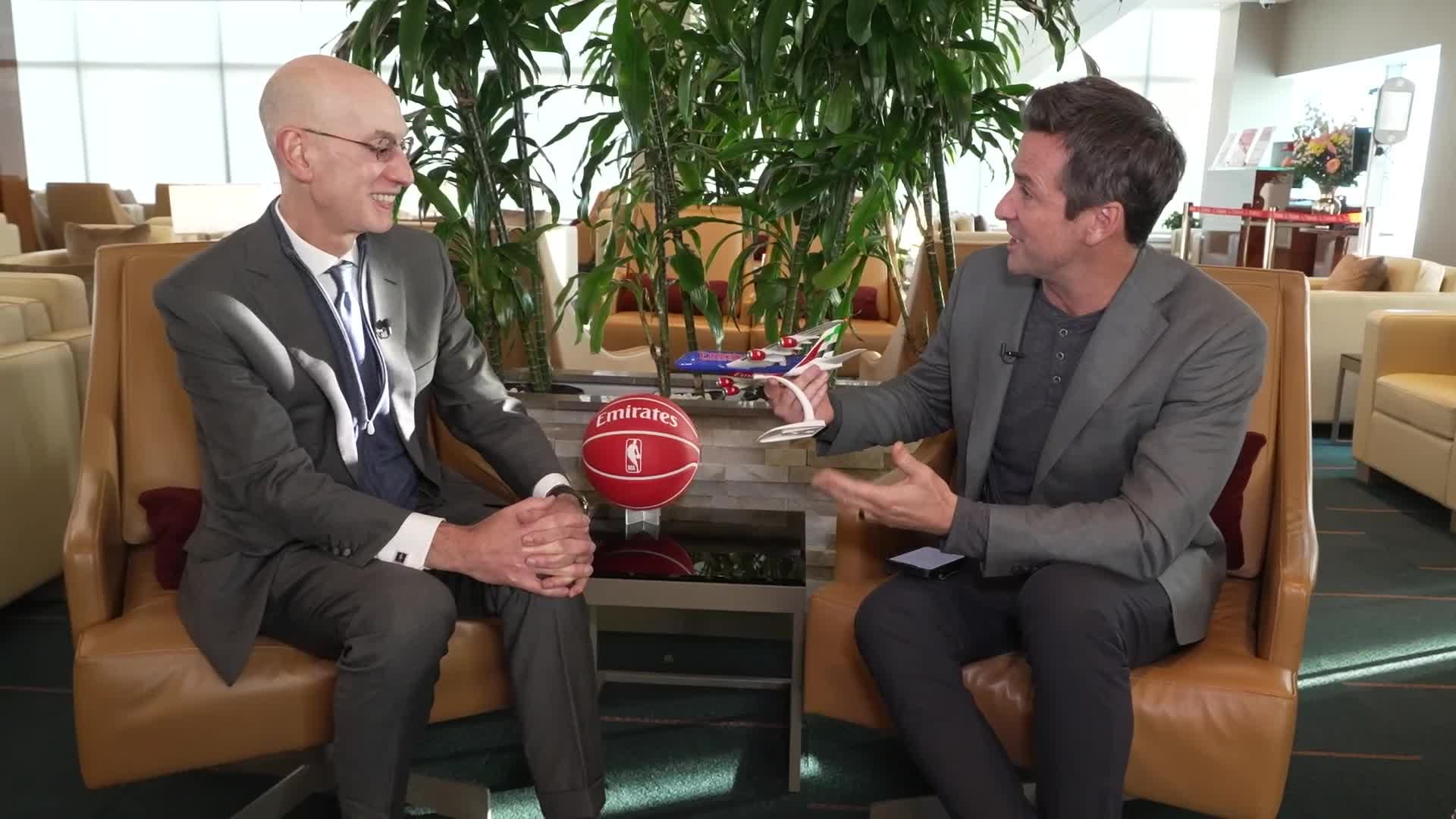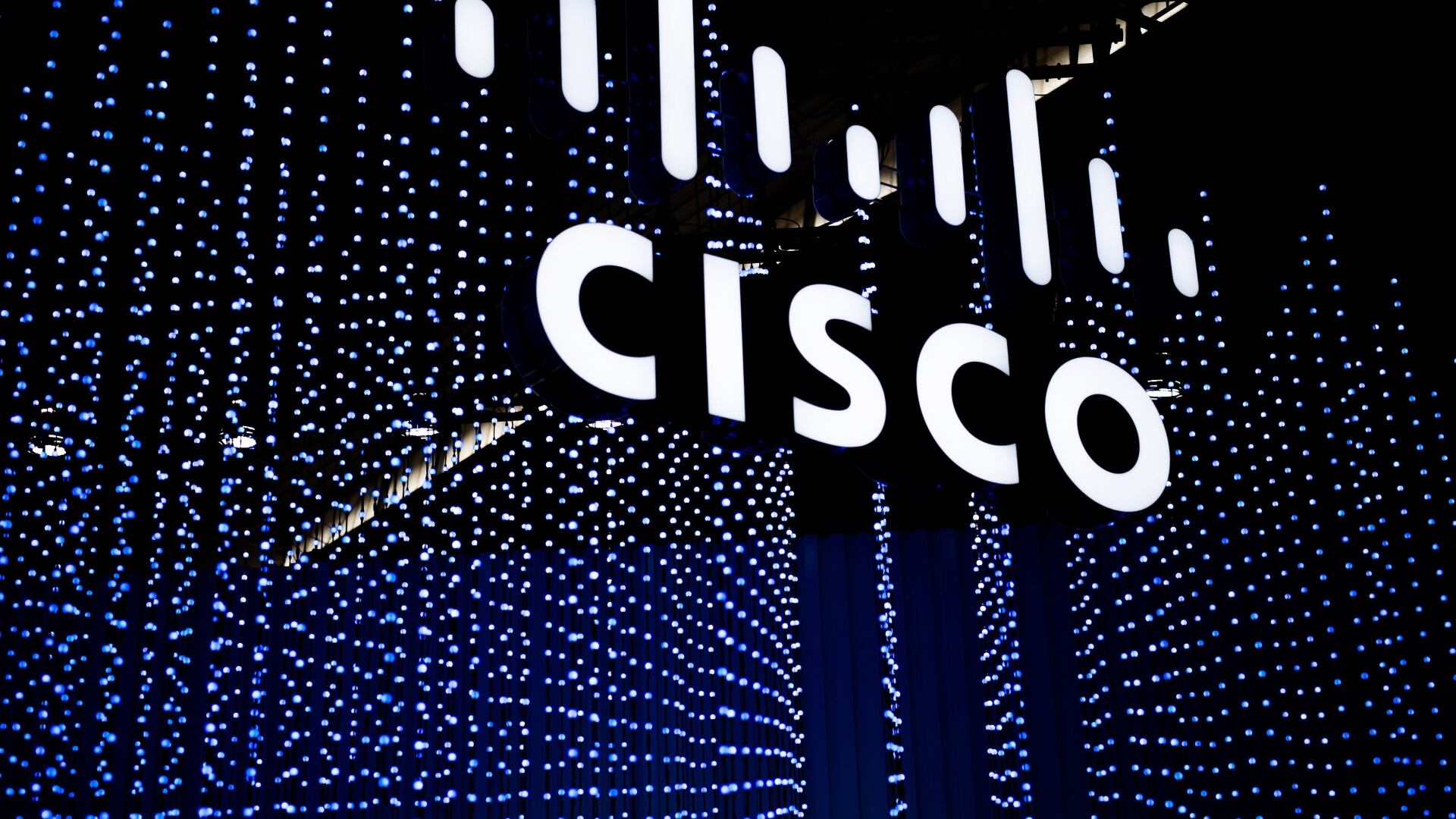*By Alex Heath* When AT&T Communications CEO John Donovan visited [Magic Leap’s](https://cheddar.com/videos/magic-leap-ceo-spatial-computing-will-be-pervasive-within-decade) campus in Florida, “it felt a lot like circa 2006 with the iPhone.” So AT&T ($T) decided to forge a strategic partnership with the high-profile augmented reality start-up that’s raised more than $2 billion in private funding. The company invested an undisclosed sum in Magic Leap and will be the exclusive wireless provider for its first AR headset, the Magic Leap One. Donovan, a 10-year-veteran of AT&T’s senior leadership who now leads its telecoms and U.S. video services businesses, told Cheddar that the carrier’s partnership with Magic Leap was a strategic move to help showcase its forthcoming 5G network. “We were already in the planning phases of 5G, and this looked like a use case that could come out the shoot and really demonstrate the power of the network,” he told Cheddar in an interview on the sidelines of Magic Leap’s first-ever developer conference on Wednesday. Like its [main competitor Verizon](https://cheddar.com/videos/verizon-ceo-5g-network-is-new-way-to-get-tv-into-your-home) ($VZ), AT&T has been aggressive in building out its 5G network. The company has said that it will launch 5G coverage in 12 U.S. cities this year and announced this week that it will build a 5G zone around Magic Leap’s Florida campus. Because the speed of 5G allows more processing power to be done on the network rather than on a device, Donovan expects the technology to help make future Magic Leap headsets smaller and lighter than the current WiFi-reliant model. Despite his many years in the industry, Donovan said that he’s never seen as much demand for a new network as the 5G one AT&T is working on. “If you think about all the infrastructure, the world is moving from a network that organizes itself around processes and applications,” he said. “And now we’re going to take all that stuff and say it’s now real-time.” The implications of 5G mean that not only will devices like Magic Leap’s futuristic headsets become slimmer, but the technology will also help make things like autonomous vehicles smarter, according to Donovan. “It’s a game changer because it makes all architectures subject to change,” he said. “It changes what you’re able to do because it’s a real time network.”











